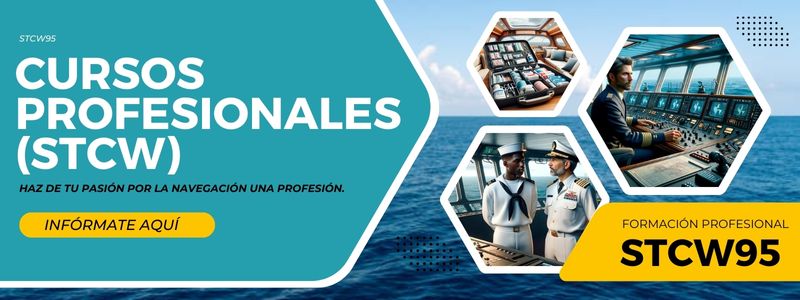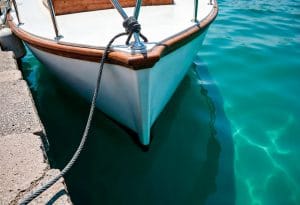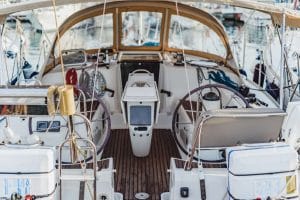Homologation in professional certifications arises from the need to establish uniform criteria for the professionalization of the sector. This happens in any type of training that guarantees training for optimal development of different jobs.
He Standard of Training Certification and Watchkeeping o STCW is one of the most important maritime conventions internationally. Both their courses and certifications are mandatory, since they ensure that the crew can carry out their duties efficiently and safely.
Throughout this entry we will answer the most common questions and concerns that arise around the STCW Convention.
What is the STCW Convention?
The STCW or International Convention on Training, Certification and Surveillance standards for seafarers is an international convention that has been in force since 1984 and whose purpose is establish the minimum basic requirements needed for the learning, certification and surveillance of people who live at sea.
This agreement had a first review in 1995, the year in which the International Maritime Organization (IMO) included new technical requirements and developed a new STCW Code. In 2010, a second review took place, in which “The Manila Amendments” were incorporated with the objective of updating the standards based on the technological advances and requirements of new vessels.
Objectives of the STCW Convention
Before the STCW convention, each government in the world established its own rules and standards for training, certification and watchkeeping for its seafarers, without taking into account the schemes of other countries, so procedures and qualifications varied considerably between nations.
These differences led to the creation of the STCW agreement, whose main objective was establish and unify minimum standards internationally, so that different training centers and educators could impart knowledge in the same line, in order to provide seafarers with the skills and competencies required internationally.
Are you interested in: What professional nautical titles exist?
STCW Convention Requirements
Depending on the qualifications, there are a series of official requirements demanded by the STCW agreement, among them the following can be mentioned:
- Competition titles that each applicant has, indicating the level of education, maritime training, age, physical fitness, boarding period, among others (these aspects must meet STCW standards).
- Endorsement of knowledge, which must be issued by an official maritime administration, which recognizes the validity of the competency certificates held by the applicant.
- Sufficiency titles that certify that the applicant has complied with the standards and competencies required to perform specific tasks.
- Documentary evidence in which it is demonstrated that the applicant has participated in various maritime training and safety programs that comply with STCW requirements.
What are the STCW Convention courses?
According to the functions of the applicant, these are the STCW courses that must be taken to obtain the certification:
- Machine sailor.
- bridge sailor.
- Basic training in maritime safety.
- Basic training in maritime security.
- Initial specific health training.
- Advanced specific health training.
- Survival boats and non-fast rescue boats.
- Passenger ships.
- Port skipper.
- GMDSS Restricted Operator
Following the Manila amendments, five basic security training courses were included and they are as follows:
- Basic fire fighting and fire prevention.
- Personal and social responsibilities.
- Personal survival techniques.
- Elementary First Aid.
- Security knowledge.
Who is obligated to comply with the STCW Convention?
All countries and people of the sea like captains, officers and staff of ships, yachts, cruise ships and vessels over 24 meters, must necessarily comply with the minimum norms and standards established in the STCW Convention.
Seafarers who do not have the courses or comply with the corresponding STCW certifications, You will not be able to be part of the crew of ships, cruise ships or large vessels, since it does not have the minimum training standards needed to guarantee efficiency and safety on board. In this article we talked to you about how to work on a cruise.
How can you obtain a STCW Convention certificate?
To obtain an STCW certificate it is necessary take a basic training course, where applicants will be taught basic knowledge to guarantee personal safety and that of other crew members of the boat.
These courses usually last 5 days (between theoretical and practical content) and the certification issued will have a validity of 5 years.





